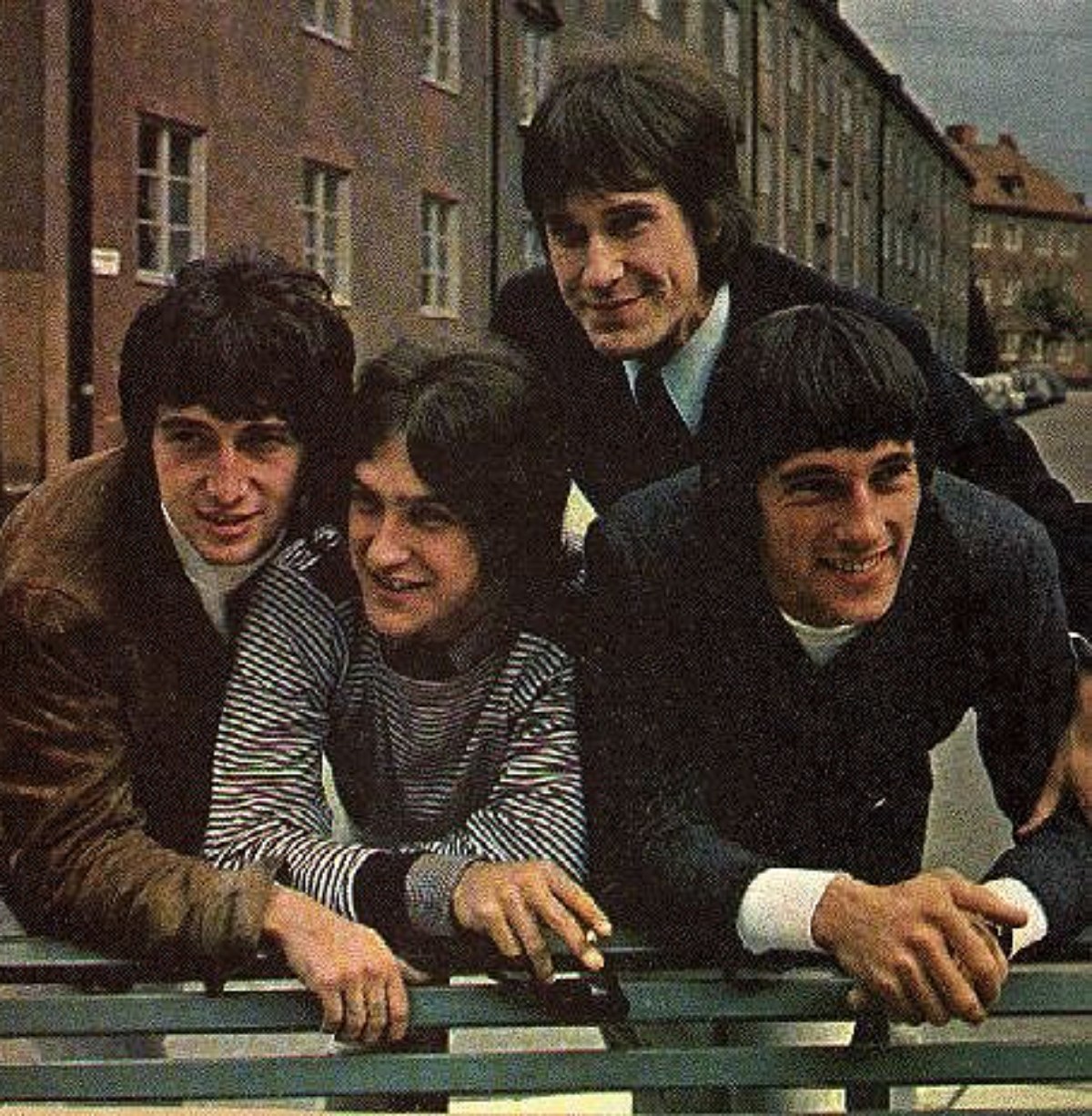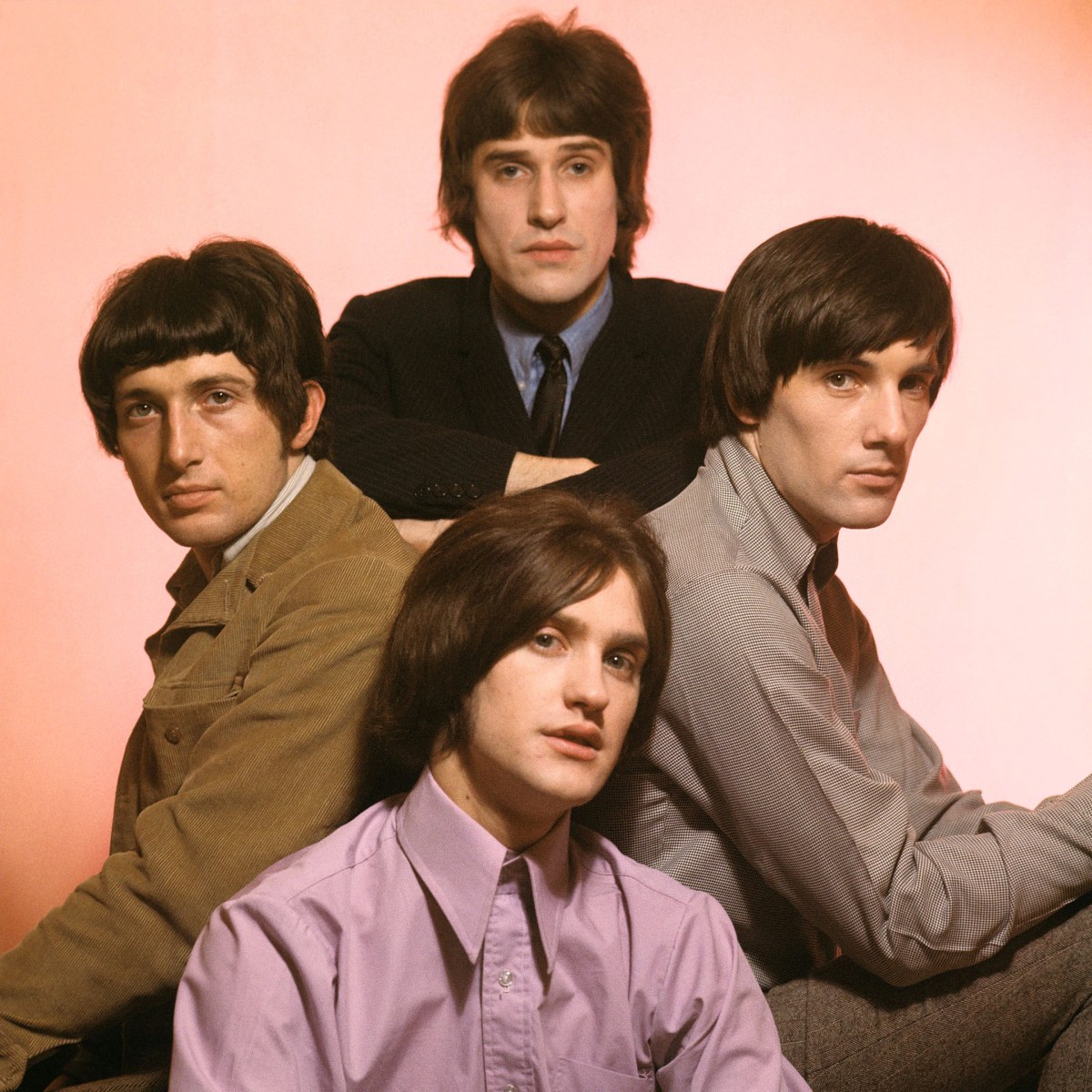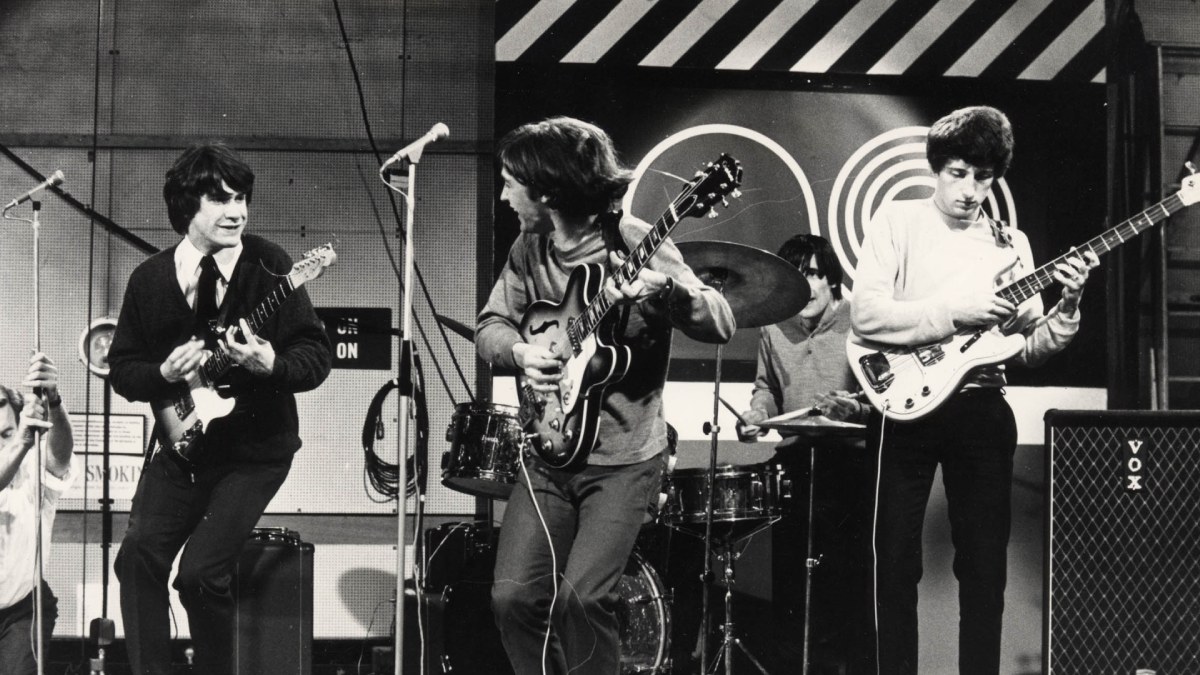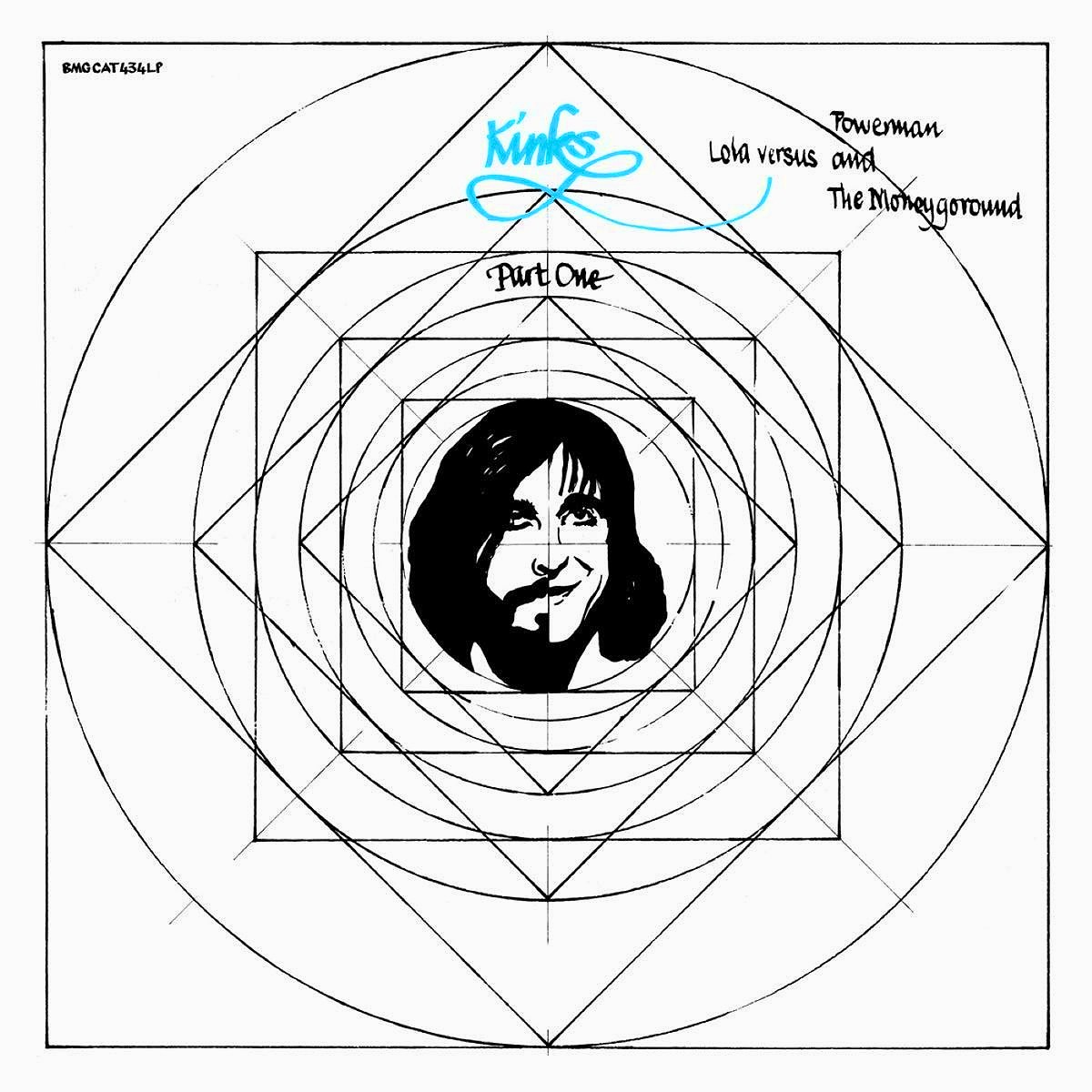Some interesting facts about the song "Lola" by The Kinks
Содержание
Today it is not difficult to record your own track (and even a whole album) at home - if only you wanted to, as they say! However in June 1970 it all seemed like science fiction... That's the reason why Ray Davies, vocalist and primary songwriter the Kinkswill make a remarkable journey of 6,000 miles.to re-record just one line from the iconic song. "Lola."Imagine that. Six thousand miles, all for one line... By the way: the game was worth it. The release, which became a huge hit the following year, ended the band's decline in popularity and put The Kinks back in the game! In fact, let's go through it all in order.
Tough times for the Kinks

It was a strange period for The Kinks. The band was keen to build up its fanbase again at the U.S.A. after a four-year ban, which has just come to an end: in the 1965 The year they were severely reprimanded for rowdy on-stage antics that led to a temporary stoppage of their activities in the States... The downturn in success meant that the band could not afford to cancel the show in New York And risk upsetting their American fans who have waited so long to see them live....

The Brits' two previous records, which were released by the in 1968 and 1969were astronomically unsuccessful from a commercial point of view. You could say they set the career The Kinks in a terrible position... None of the albums made the UK top 40 or at least the top 100 on either side of the Atlantic... A bad performance meant that The Kinks would have fallen to a low point. They needed to make sure their next move was the right one and, more importantly, they no longer had the right to cause problems that would prevent their return to the States.
In the meantime, "Lola." - a delightful masterpiece that seemed to be the perfect way for the band to announce their return to the rock arena! But there was one problem that Davis needed to fix urgently in order for the track to be a success....
The story of a journey

Today, when artists can create a full album in their home studio, this entertaining story offers a startlingly beautiful insight into music making in the age of analogies... In the beginning of the 1970-хwithout the use of Logic or Pro Tools, у Ray Davies had no choice but to make the giant journey back to London in the midst of the band's tour of the U.S.A.! Whilst this in itself may not seem an impressive achievement, it's worth adding that he did it - without missing a single gig, and returned just in time to play a rousing show in the New York the very next night!

Davis wrote the piece to get radio attention, but there was one thing holding the The Kinks from their primary purpose. The song in its original form contained the brand name "Coca Cola."which had to be changed if the BBC was ever going to play "Lola.". When Davies learnt of this problem, he flew straight to London to change the text on the "Cherry Cola."that we'll all eventually recognise...
It's worth noting that before "Lols." у The Kinks haven't had a top 20 single in over two years! Thankfully, that all changed after they released this track: "Lola." went to number two in the UK, and topped the charts in South Africa, New Zealand, the Netherlands... In short - this song was a worldwide sensation that put the Kinks back on track!
A little bit about the song

"Lola." - band song The Kinkswritten by Ray Davies and included on the album Lola Versus Powerman and the Moneygoround, Part One.. The lyric recounts a rather curious romantic encounter in one of the clubs Soho, London... In the song, the narrator describes his confusion towards Lola, who "walked like a woman but talked like a man".
The composition was released as a single in the UK 12 June 1970The track quickly reached number one on the UK Singles Chart and also entered the top 10 of the Billboard Hot 100, which was a good signal for the Kinks! Over the years, the song became the band's calling card. It held its place on the list until 2012 "500 Greatest Songs of All Time." according to the magazine Rolling Stoneand today it's one of the 500 Greatest Songs in History. NME!
Curious fact: Lola's mysterious character will still appear in the 1981 the year in the lyrics of the song "Destroyer.".



